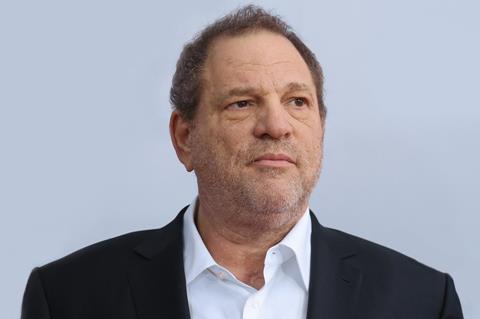
Disgraced Hollywood mogul Harvey Weinstein will stand trial in 2019 on five sex offence charges including two counts of rape after a New York judge threw out an attempt to dismiss the case.
Judge James Burke on Thursday (20) set a preliminary trial date for March 7, ruling that the Manhattan District Attorney’s Office working with the New York Police Department conducted the Grand Jury case in a “legally and procedurally proper” manner.
Weinstein’s chief attorney on the case, Benjamin Brafman, issued a statement expressing disappointment but vowed to fight “vigorously” at trial where “we are confident that Mr Weinstein will be completely exonerated.”
Thursday’s developments set the scene for a potentially ugly and sensational courtroom event involving the former New York Hollywood executive who lorded over awards season and the Cannes Film Festival for many years and has in the past 14 months been accused of sex crimes by more than 60 women.
Judge Burke ruled against arguments by Brafman, that both rape charges (one for first degree, one for third degree) and a charge of predatory sexual assault should be thrown out because prosecutors failed to provide evidence of a “long term consensual relationship” between Weinstein and one of the accusers.
He also dismissed the argument that the remaining charges should be thrown out after the defence claimed there was “additional” exculpatory evidence relating to another complaint that prosecutors did not present to the Grand Jury.
Judge Burke said prosecutors enjoyed “wide discretion” in presenting a case to the Grand Jury and were not obliged to present exculpatory or mitigating evidence at that stage, search for evidence favourable to the defence, or present all evidence in their possession favourable to the defendant.
“The Grand Jury is not an adversarial proceeding and the People do not have the same obligation of disclosure at the Grand Jury stage as they have at the trial stage,” Judge Burke said in his ruling.
He added, “The Court’s review of the Grand Jury minutes shows that the presentation was legally and procedurally proper, and that the People presented evidence in a fair manner. Nor did the People provide a misleading account of the relationship between the defendant and the complainants. The motion to dismiss on these grounds is denied.”
The court also dismissed the argument that the indictment was tainted by police and prosecutorial misconduct, and threw out a request for a hearing regarding a friend of a Weinstein accuser whom the defence claims would provide evidence the accuser and Weinstein had engaged in a consensual sexual relationship.
“The Court finds that the charges presented in the Grand Jury were supported by competent evidence and the proceedings were properly conducted,” said Judge Burke. “The motion to dismiss on these grounds is denied…. The request for hearings regarding certain witnesses is denied… The defendant may explore any issues of witness credibility at a trial should such witnesses testify.”
Brafman said in a statement, “We are obviously disappointed, by the Court’s decision to deny our motion to dismiss the Indictment. Judge Burke has however, ruled and we must accept his ruling. Nothing in the Court’s ruling however, removes the flawed theory of this case that we intend to vigorously defend at trial, where we are confident that Mr Weinstein will be completely exonerated.”
Weinstein remains under investigation by other jurisdictions in the US and UK and has denied any non-consensual sex.
























No comments yet